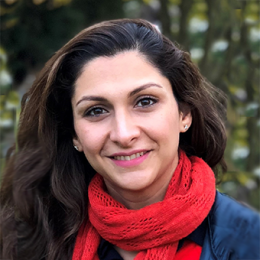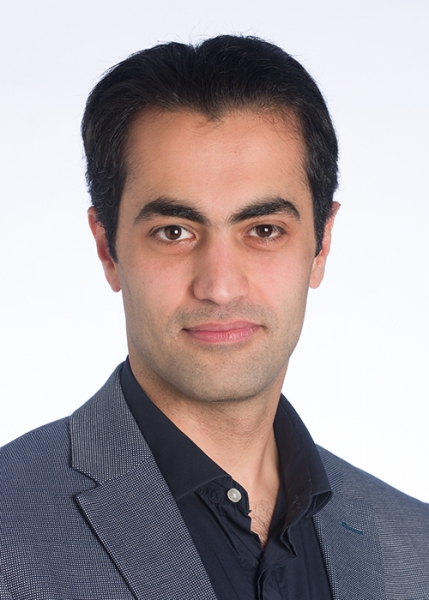CIES Success in Australian Economic Accelerator Grants
Congratulations to CIES researchers Asal Bidarmaghz and Ali Kashani who were successful in receiving funding for two separate projects in the first round of the federal government’s new Australian Economic Accelerator (AEA).
Dr Bidarmaghz’s project aims to unlock the full potential of geothermal energy, while Dr Kashani’s project is focused on creating a new low-emission concrete masonry.
The aim of the AEA is to support translation and commercialisation activities aligned with national research priorities, supported by expert governance arrangements. The program will develop a pipeline from discovery through to commercialisation, ensuring Australia reaps the benefits of investment in research within the university sector.
There were 206 submitted proposals for AEA Seed Tranches One, seeking approximately $55 million and the success rate was around 10%. There were three successful applicants across UNSW of which two are from CIES.
 Dr Bidarmaghz’s Project:
Dr Bidarmaghz’s Project:
Lead Entrepreneur: Asal Bidarmaghz
Collaborating/Partner Entrepreneurs: University of Melbourne, AJ Lucas Services and Fourth Element Energy
Grant amount: $199,953 (Dept. of Education) and $30,000 (Industry contribution).
Summary: This project aims to address the urgent challenges of energy affordability and climate crisis in densely populated areas in Australia, by unlocking the full potential of geothermal energy cost-effectively. This will be achieved by
- introducing novel and efficient geothermal systems that reduce the installation and operational costs while increasing the thermal gain and
- developing a user-friendly web-based tool for simplified, cost-effective yet reliable design of these systems.
The tool will employ advanced algorithms based on detailed coupled thermal and hydraulic interactions in the subsurface that takes into account site-specific data, such as hydrogeology, climate and building characteristics.
The successful implementation of this project will have a profound contribution to de-risking the geothermal use commercialisation process. The widespread adoption of these systems in Australia will have a significant impact on the reduction in carbon emission, heat island effect and energy costs, hence tackling energy and climate inequalities in cities.
 Dr Kashani’s Project:
Dr Kashani’s Project:
Chief Investigator: Ali Kashani
PI: Adbri and Australian Steel Mill Services
Grant amount: $200,000
Aim: Captured CO2 from industry sectors will be used to make a new low-emission concrete masonry. This technology uses recycled CO2 and steel slag (a by-product of steel making) to make a concrete binder with Portland cement replacement.
This project will conduct laboratory tests on full-scale concrete masonry units produced using the developed technology for quality control assurance and compliance with standards, and by conducting cost and supply chain analysis of the developed masonry units to ensure commercial feasibility followed by materials and process optimisation.
Congratulations Ali and Asal!



